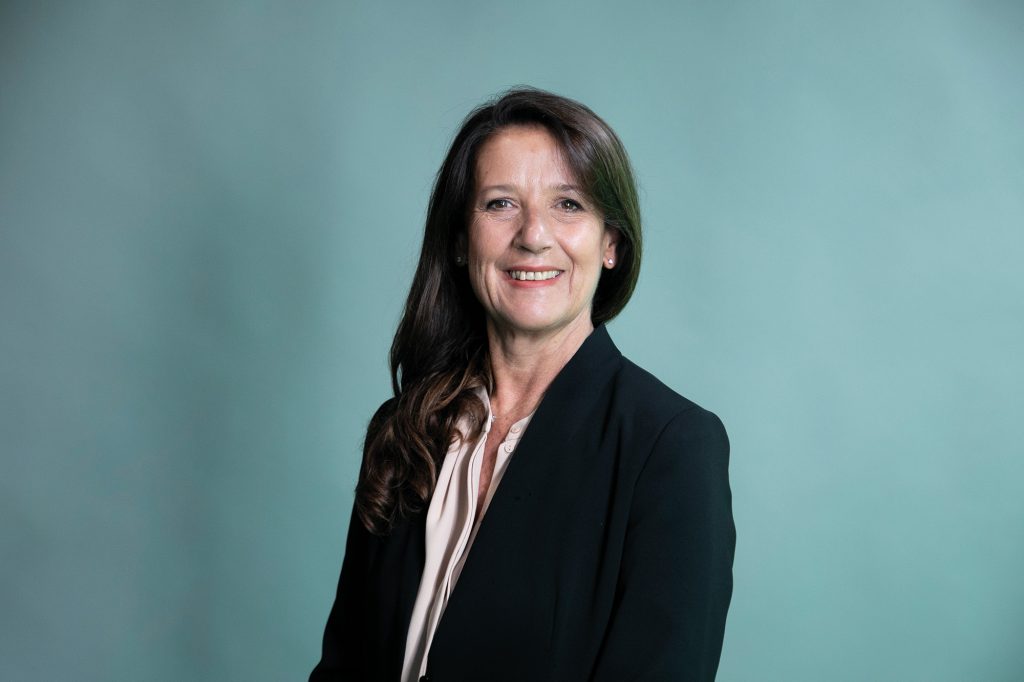How Do We Measure Social Impact? UniCredit’s SIB Unit Has an Answer
The social impact finance sector has grown globally in recent years — and it’s expected to accelerate further still, driven by the effects of the Covid-19 crisis.

Head of Group Social Impact Banking (SIB): Laura Penna
But how can companies and beneficiaries best understand and measure the success of projects and initiatives, and what is the goal of impact financing?
Laura Penna, Head of Group Social Impact Banking (SIB) at UniCredit, says the overall aim is to create tangible positive social benefits by financing projects and initiatives with beneficial outcomes.
“UniCredit’s SIB has worked with the Human Foundation think-tank to develop a new measurement and evaluation system,” she says. “It focuses on international social impact finance standards to maximise the related direct and indirect social outcomes.”
The system allows UniCredit SIB to consistently monitor and evaluate activities across group markets in which the programme is active: Austria, Bosnia and Herzegovina, Bulgaria, Croatia, Czech Republic, Germany, Hungary, Italy, Romania, Serbia and Slovakia.
Social Taxonomy at Unicredit
The EU’s social taxonomy — currently under development — will play an important role in setting common standards of measurement. In the meantime, companies can start moving in the right direction.
The aim is to track performance and the impact generated by comparing expected and achieved results on an ongoing basis using a tailored framework that accounts for varying characteristics of the different beneficiaries of specific projects.
Penna says ESG is “part of how we do business at UniCredit”, with a strong social commitment in all its markets. “Our SIB programme helps us drive tangible positive social change in our communities,” she says. “To ensure that we are always growing our impact and making a real difference, we need to be able to track and measure social impact finance outcomes in a concrete and uniform way.”
“Our measurement and evaluation system has been designed to help us do this — and make an important contribution to increased transparency and common standards in the wider social-impact ecosystem.”
A Common Framework
Given the expected growth across the sector, the need for measurement methodology is increasing. The credibility of impact finance activities must be ensured to avoid “impact-washing”. It is important for the beneficiaries of programmes to guarantee a level playing field, agreement on specific KPIs for each project, and increased transparency in the selection process, says Penna.
“This is crucial to demonstrate how social impact financing activities are creating intentional and positive results in our communities,” she notes. “They help ensure a truly sustainable and impactful business approach that engages all relevant actors in the community through a common framework.”
Finance Offer
A “pay-for-success” mechanism is integral to the finance offer to allow for additional economic benefits based on the achievement of agreed social impact goals. The UniCredit offer supports social innovation as a driver of change through loans at favourable conditions. It also provides financial training and access to relevant partnerships and networks. “SIB is also committed to inclusive finance, supporting entrepreneurs and small businesses through microcredit,” says Penna, “and to financial education to encourage greater financial knowledge and social inclusion that can empower active citizenship.”
At the time of writing, the programme has provided more than 5,500 loans in support of social entrepreneurs and initiatives with measurable positive social impact — more than €348m in total. It has also supported some 100,000 students with financial education programmes since its launch four years ago, — and a further 20,000 beneficiaries through additional educational initiatives.
You may have an interest in also reading…
Welltec: Building on a Heritage of Innovation to Drive Efficiency and Sustainability
Since Welltec was formed 25 years ago, its mission has been to increase operational efficiency and quality, and to improve
Now I See: ICICI Bank Builds Bridges Linking India and UK
ICICI Bank is one of the leading Indian multinational banking and financial services institutions, with a presence in 15 countries,
Thirdway Africa: ‘Thinking Anew’ about Alternatives and Innovations for Investment in Africa
In 2014, ThirdWay Africa set out to fundamentally change the investment landscape in Africa. The investment and advisory firm driving


















































































